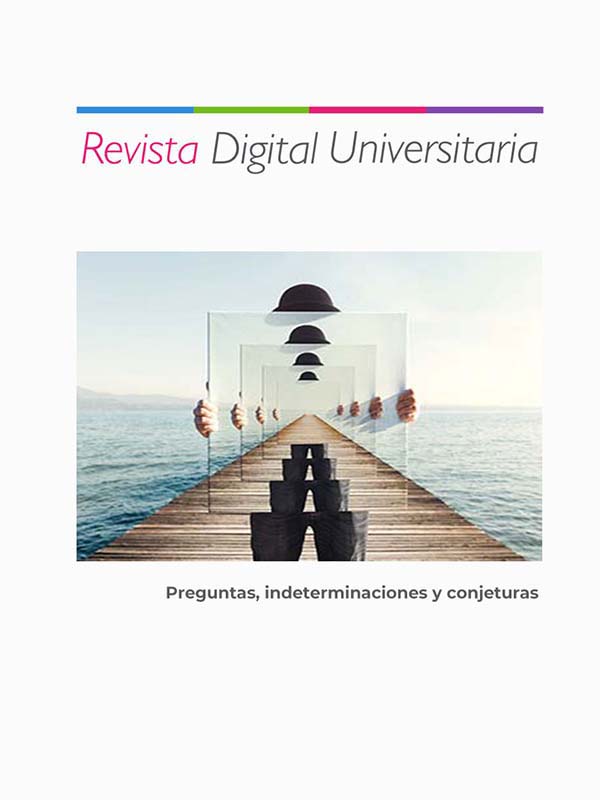Integral Education in Childhood: An Innovative, Successful and Happy Classroom
DOI:
https://doi.org/10.22201/cuaieed.16076079e.2021.22.4.11Keywords:
integral education, development of thought, art, play, innovationAbstract
Integral education in childhood is fundamental to develop cognitive, communicative, affective, social, creative and practical abilities of students. For that reason, the dynamization of teaching-learning strategies with a holistic approach acquires relevance. This paper presents the aief –an innovative, successful and happy classroom–, a strategy for an integral education in childhood, focused on innovation, playfulness, art, and the development of scientific thought, emotional intelligence and meaningful learning in the training process, which includes the innovative use of technologies and their relationship with the cultural context. Additionally, we present guiding principles and a set of transversal didactics that can be applied directly or with context adaptations by other teachers. Thus, this strategy allows to generate processes where both the student and the teacher are constantly renewed and, from their praxis, they become aware of the transformations of their role, that circulates between learning and teaching.
References
Bruner, J. (1995). Desarrollo cognitivo y educación (2.ª ed.). Morata.
De Zubiría Samper, J. (2020). Los modelos pedagógicos. Hacia una pedagogía dialogante. Magisterio.
Freire, P. (2012). Pedagogía del oprimido (2.ª ed.). Siglo xxi.
Gallegos Nava, R. (2015). Educación holista. Pedagogía del amor universal. Fundación internacional para la Educación Holista.
Gardner, H. (2005). Arte, mente y cerebro. Una aproximación cognitiva a la creatividad. Paidós Ibérica.
Goleman, D. (2010). La inteligencia emocional (5.ª ed.). Zeta.
Huizinga, J. (2008). Homo ludens. fce.
Jiménez Vélez, C. A. (2013). La lúdica y los nativos digitales. Lúdica Pedagógica, 1(18), 49-57. https://doi.org/10.17227/01214128.18ludica49.57.
Lewin, K. (1988). La teoría del campo en la ciencia social. Ediciones Paidós Iberica, S.A.
Piaget, J. y Inhelder, B. (2007). Psicología del niño. Ediciones Morata.
Rose, R., Florian, L., Tilstone, C. y Cardona Moltó, M. C. (2003). Promoción y desarrollo de prácticas educativas inclusivas. Fundamentos.
Vallés Arándiga, A., y Vallés Tortosa, C. (2000). Inteligencia emocional. Aplicaciones educativas (2.ª ed.). eos (Instituto de Orientación Psicológica Asociados).
Published
Issue
Section
License
Copyright (c) 2022 Revista Digital Universitaria

This work is licensed under a Creative Commons Attribution-NonCommercial-ShareAlike 4.0 International License.

Revista Digital Universitaria es editada por la Universidad Nacional Autónoma de México se distribuye bajo una Licencia Creative Commons Atribución-NoComercial 4.0 Internacional. Basada en una obra en http://revista.unam.mx/.










